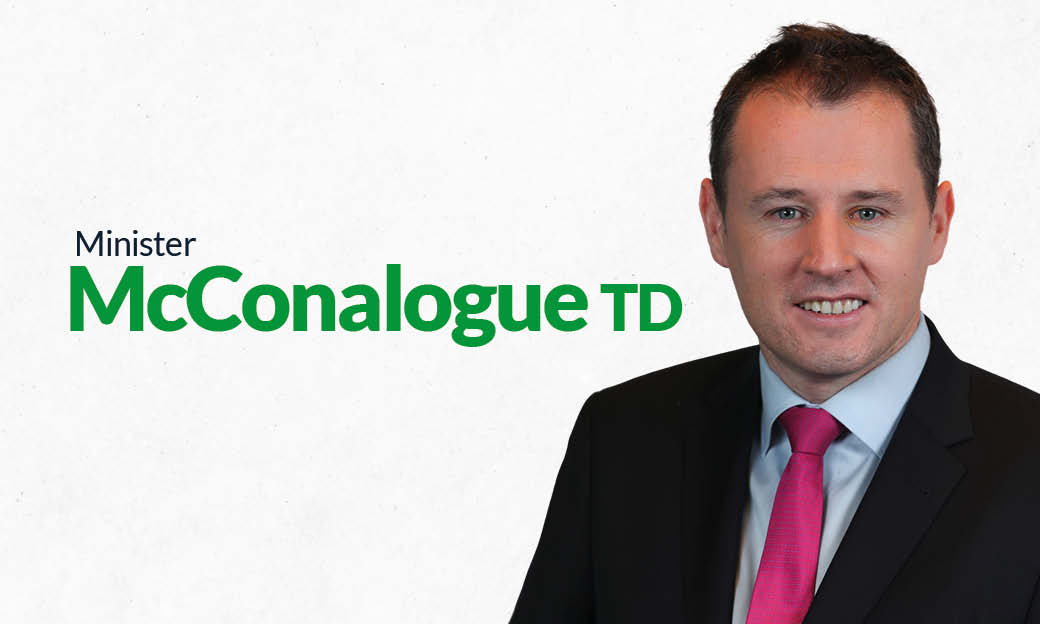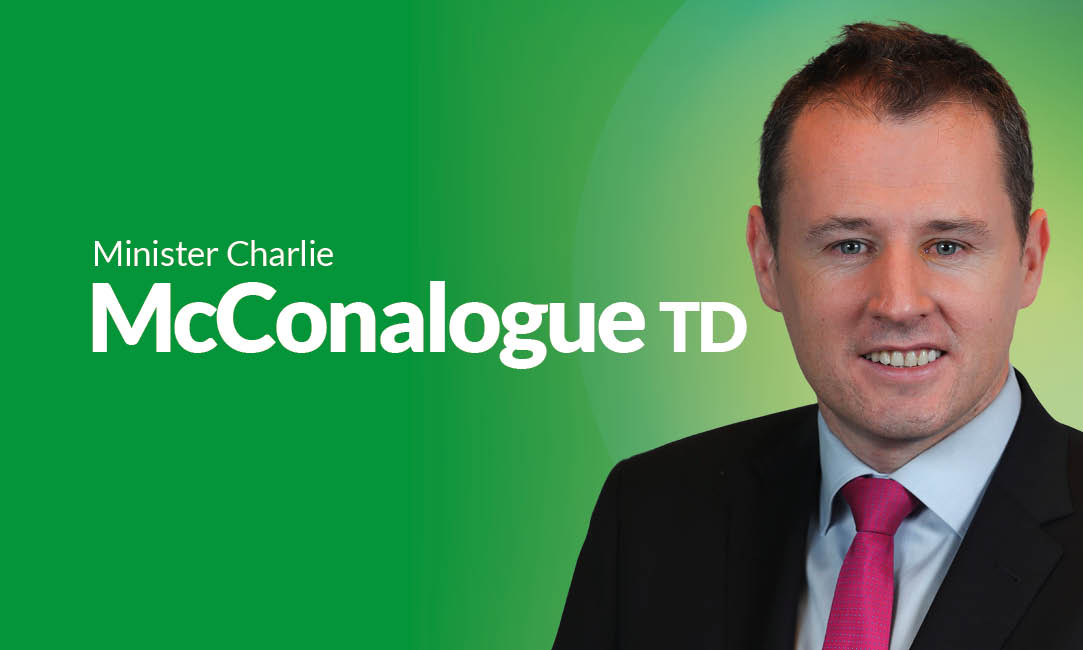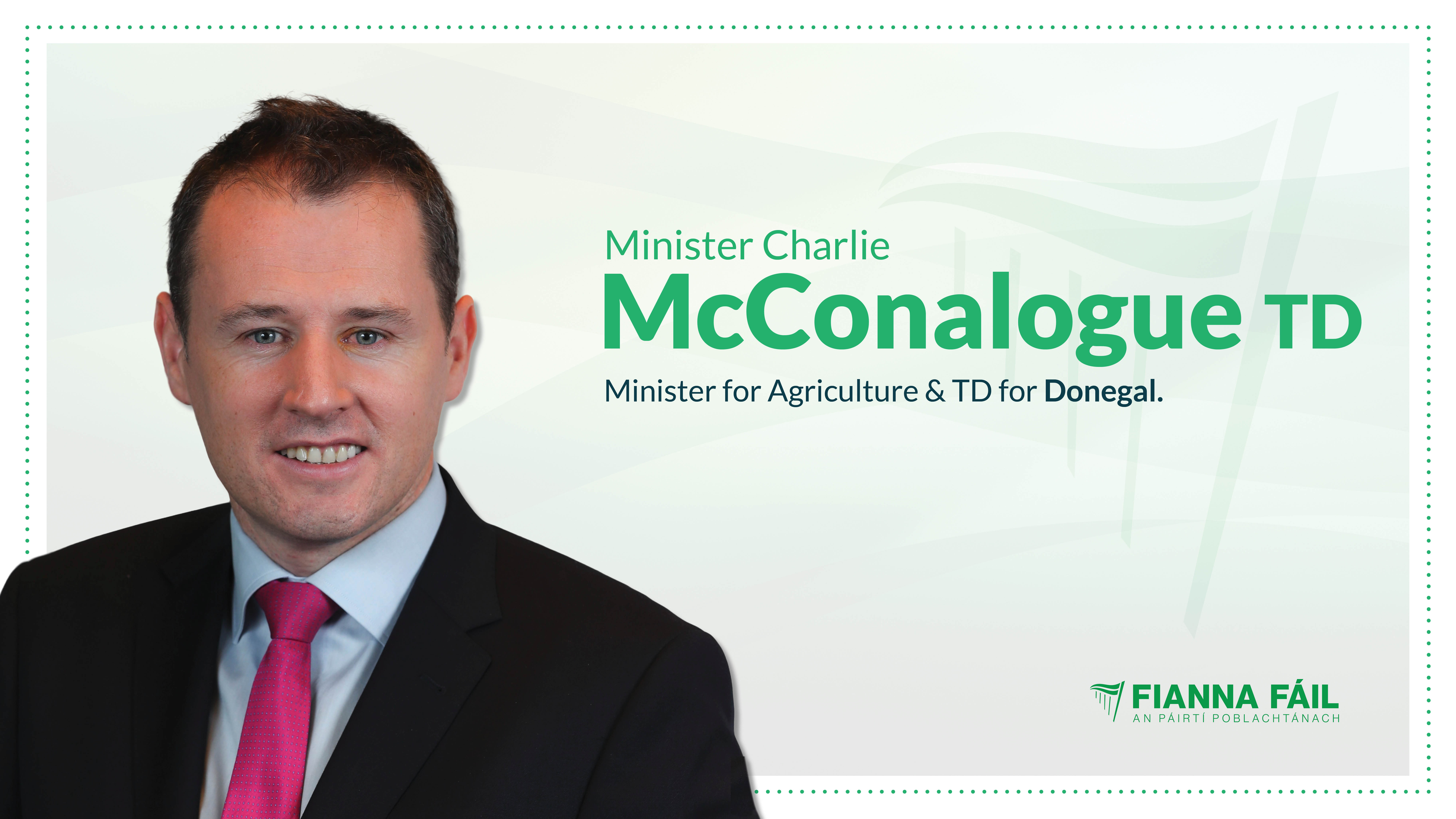McConalogue emphasises need for EU solidarity in dealing with the agri-food impacts of the Russian invasion of Ukraine
Published on: 03 March 2022
The Minister for Agriculture, Food and the Marine, Charlie McConalogue TD, today stressed the need for ongoing EU solidarity in the response to the Russian invasion of Ukraine.
Speaking at the extraordinary informal meeting of European Union Agriculture Ministers, which was called by the French EU Presidency to discuss the consequences of the conflict for the European agri-food sector, Minister McConalogue welcomed the strong solidarity shown by the EU with Ukraine, and underlined the need to place the response firmly in the context of the need to maintain ongoing food security for all. He said: “In partnership with our fellow EU Member States, Ireland has continued to strongly support the most extensive EU sanctions on Russia for its outrageous actions. We must also ensure that the actions we take in that wider context, together with the burden that must be borne, are sustainable, and this will only be the case if we do all we can to maintain food security, for our own citizens, for the Ukrainian people and in a wider international context. Against this background, I welcome Commissioner Wojciechowski’s assurance today that the European Commission stands ready to make market support measures under the CMO regulation available as required.”
Joining with his counterparts, Minister McConalogue underlined his particular concerns in relation to the impacts of the conflict on agri-food supply chains, and especially on inputs such as fertiliser and feed. He said: “Considering the potential disruption of agriculture markets, Ireland strongly supports calls for close and extensive ongoing monitoring of the situation, and for transparent sharing of information. I also agree that we should intensify the examination of potential impacts in collaboration with our partners in a range of global fora, including the UN Food and Agriculture Organisation, the OECD and the International Grains Council. The European Food Security Crisis Preparedness and Response Mechanism should also review the strategic challenges to EU feed and food security linked to the current crisis. And the planned Expert Group on pigmeat should meet to consider the particular implications of this crisis for the sector, coming as it does on top of the market difficulties that have been experienced for quite some time.“
Noting that the situation is obviously a volatile and evolving one, the Minister stressed the need from an EU perspective to continually assess developments, and to be ready to take necessary responses to minimise the impact on our collective food security. Concluding, he said: “Our immediate actions should be focused on trying to maintain supply chains and minimise any disturbances to these. I have therefore also asked the European Commission to carefully risk assess what actions can be taken now in order to support supply chains. Above all, it was clear from today’s discussion that all other Member States shared Ireland’s assertion that we will not be found wanting in our efforts to support the people of Ukraine.“


